 The implications of oral health for systemic health and risk
of infection are often overlooked. The risk of aspiration pneumonia is greatest
when periodontal disease, dental caries, and poor oral hygiene are compounded
by swallowing disease, feeding problems, and poor functional status. The
effectiveness of oral hygiene interventions for preventing aspiration pneumonia
and barriers to oral care of nursing home patients require additional study.
Regular check ups at the dentist do more than keep your
teeth and gums healthy; they dramatically decrease the risk of pneumonia. Good
oral hygiene can limit the quantities of bacteria present and therefore reduce
the risk of the serious lung infection.
Researchers analysed data obtained from the US 2013 Medical
Expediture Panel Survey, which asks about healthcare utilisation, including
dental care, costs and patient satisfaction. They found 441 of 26,246 people in
the database had bacterial pneumonia – that represents just 1.68 per cent. But
those who never had dental checkups had an 86 per cent increased risk of
pneumonia. In some cases, bacteria can be accidentally inhaled or aspirated
into the lungs and cause pneumonia. Bacteria that commonly cause pneumonia
include streptococcus, haemophilus, staphylococcus, and anaerobic bacteria.
Pneumonia can be acquired when bacteria laden secretions travel to the lungs. There is an accumulation of bacteria in the dental plaque and this bacteria sits in the mouth, teeth (including dentures), oral mucosa, and under the gums,. The bacteria can easily travel to the respiratory tract and can become pneumonia. There is also evidence that maintaining adequate oral hygiene can prevent pneumonia. Pneumonia is common among elderly people living in nursing homes. Nursing home-acquired pneumonia (NHAP) is a bacterial infection of the lung that occurs in residents of long-term care facilities and nursing homes. Poor oral hygiene is considered to contribute to the likelihood of contracting an infection. Professional mouth care is a combination of brushing teeth and mucosa, cleaning dentures, using mouthrinse, and check-up visits to a dentist, while usual mouth care is generally less intensive, and is self-administered, or provided by nursing home staff without special training in oral hygiene.
Older adults are at particularly high risk for oral health
problems, and poor oral health in seniors has been linked to general systemic
health risks, such as cardiovascular disease, stroke, poor nutrition, glycemic
control in people with diabetes and respiratory infection. Despite this growing
body of evidence, the mouth seems to be forgotten and neglected. The oral
cavity generally seems to be relegated to the realm of the dentist, and many
residents living in long term care homes typically never get seen by one or at
the very best seen infrequently. The potential for creating additional health
problems because of this lack of emphasis on oral care is significant.
While it is more common in older people, or people with chronic illnesses, anyone can get it. Aside from protecting your pearly whites, this gives more motivation to squeeze in that twice-a-year teeth cleaning with your dentist, the prevention of pneumonia.
The implications of oral health for systemic health and risk
of infection are often overlooked. The risk of aspiration pneumonia is greatest
when periodontal disease, dental caries, and poor oral hygiene are compounded
by swallowing disease, feeding problems, and poor functional status. The
effectiveness of oral hygiene interventions for preventing aspiration pneumonia
and barriers to oral care of nursing home patients require additional study.
Regular check ups at the dentist do more than keep your
teeth and gums healthy; they dramatically decrease the risk of pneumonia. Good
oral hygiene can limit the quantities of bacteria present and therefore reduce
the risk of the serious lung infection.
Researchers analysed data obtained from the US 2013 Medical
Expediture Panel Survey, which asks about healthcare utilisation, including
dental care, costs and patient satisfaction. They found 441 of 26,246 people in
the database had bacterial pneumonia – that represents just 1.68 per cent. But
those who never had dental checkups had an 86 per cent increased risk of
pneumonia. In some cases, bacteria can be accidentally inhaled or aspirated
into the lungs and cause pneumonia. Bacteria that commonly cause pneumonia
include streptococcus, haemophilus, staphylococcus, and anaerobic bacteria.
Pneumonia can be acquired when bacteria laden secretions travel to the lungs. There is an accumulation of bacteria in the dental plaque and this bacteria sits in the mouth, teeth (including dentures), oral mucosa, and under the gums,. The bacteria can easily travel to the respiratory tract and can become pneumonia. There is also evidence that maintaining adequate oral hygiene can prevent pneumonia. Pneumonia is common among elderly people living in nursing homes. Nursing home-acquired pneumonia (NHAP) is a bacterial infection of the lung that occurs in residents of long-term care facilities and nursing homes. Poor oral hygiene is considered to contribute to the likelihood of contracting an infection. Professional mouth care is a combination of brushing teeth and mucosa, cleaning dentures, using mouthrinse, and check-up visits to a dentist, while usual mouth care is generally less intensive, and is self-administered, or provided by nursing home staff without special training in oral hygiene.
Older adults are at particularly high risk for oral health
problems, and poor oral health in seniors has been linked to general systemic
health risks, such as cardiovascular disease, stroke, poor nutrition, glycemic
control in people with diabetes and respiratory infection. Despite this growing
body of evidence, the mouth seems to be forgotten and neglected. The oral
cavity generally seems to be relegated to the realm of the dentist, and many
residents living in long term care homes typically never get seen by one or at
the very best seen infrequently. The potential for creating additional health
problems because of this lack of emphasis on oral care is significant.
While it is more common in older people, or people with chronic illnesses, anyone can get it. Aside from protecting your pearly whites, this gives more motivation to squeeze in that twice-a-year teeth cleaning with your dentist, the prevention of pneumonia.
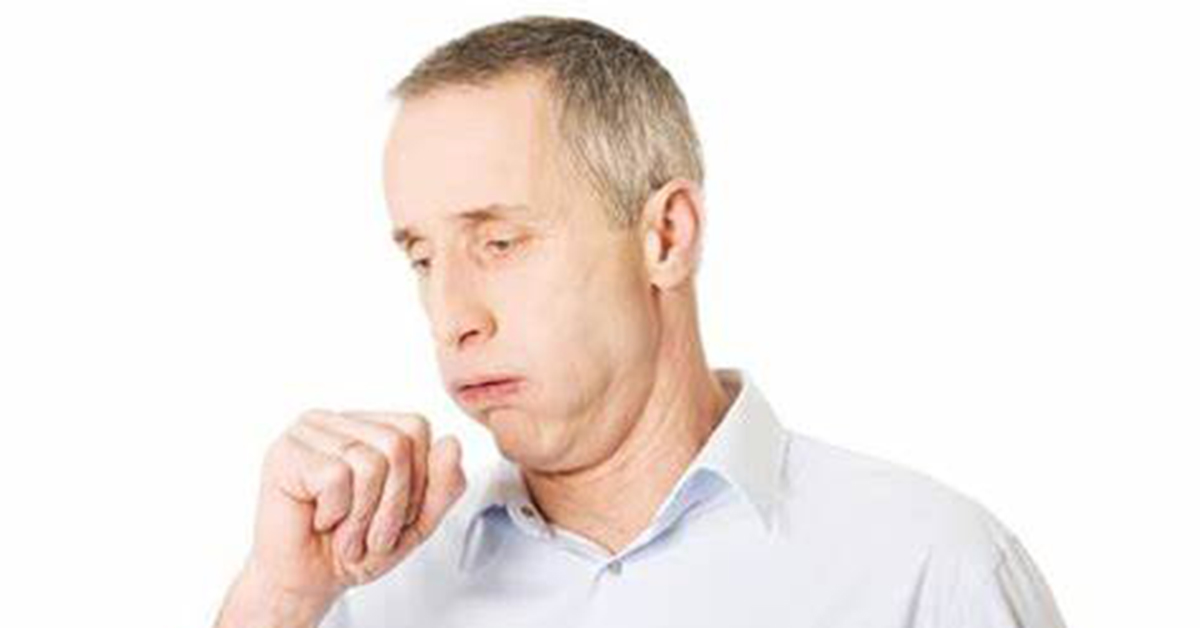
The link between oral health and pneumonia
 The implications of oral health for systemic health and risk
of infection are often overlooked. The risk of aspiration pneumonia is greatest
when periodontal disease, dental caries, and poor oral hygiene are compounded
by swallowing disease, feeding problems, and poor functional status. The
effectiveness of oral hygiene interventions for preventing aspiration pneumonia
and barriers to oral care of nursing home patients require additional study.
Regular check ups at the dentist do more than keep your
teeth and gums healthy; they dramatically decrease the risk of pneumonia. Good
oral hygiene can limit the quantities of bacteria present and therefore reduce
the risk of the serious lung infection.
Researchers analysed data obtained from the US 2013 Medical
Expediture Panel Survey, which asks about healthcare utilisation, including
dental care, costs and patient satisfaction. They found 441 of 26,246 people in
the database had bacterial pneumonia – that represents just 1.68 per cent. But
those who never had dental checkups had an 86 per cent increased risk of
pneumonia. In some cases, bacteria can be accidentally inhaled or aspirated
into the lungs and cause pneumonia. Bacteria that commonly cause pneumonia
include streptococcus, haemophilus, staphylococcus, and anaerobic bacteria.
Pneumonia can be acquired when bacteria laden secretions travel to the lungs. There is an accumulation of bacteria in the dental plaque and this bacteria sits in the mouth, teeth (including dentures), oral mucosa, and under the gums,. The bacteria can easily travel to the respiratory tract and can become pneumonia. There is also evidence that maintaining adequate oral hygiene can prevent pneumonia. Pneumonia is common among elderly people living in nursing homes. Nursing home-acquired pneumonia (NHAP) is a bacterial infection of the lung that occurs in residents of long-term care facilities and nursing homes. Poor oral hygiene is considered to contribute to the likelihood of contracting an infection. Professional mouth care is a combination of brushing teeth and mucosa, cleaning dentures, using mouthrinse, and check-up visits to a dentist, while usual mouth care is generally less intensive, and is self-administered, or provided by nursing home staff without special training in oral hygiene.
Older adults are at particularly high risk for oral health
problems, and poor oral health in seniors has been linked to general systemic
health risks, such as cardiovascular disease, stroke, poor nutrition, glycemic
control in people with diabetes and respiratory infection. Despite this growing
body of evidence, the mouth seems to be forgotten and neglected. The oral
cavity generally seems to be relegated to the realm of the dentist, and many
residents living in long term care homes typically never get seen by one or at
the very best seen infrequently. The potential for creating additional health
problems because of this lack of emphasis on oral care is significant.
While it is more common in older people, or people with chronic illnesses, anyone can get it. Aside from protecting your pearly whites, this gives more motivation to squeeze in that twice-a-year teeth cleaning with your dentist, the prevention of pneumonia.
The implications of oral health for systemic health and risk
of infection are often overlooked. The risk of aspiration pneumonia is greatest
when periodontal disease, dental caries, and poor oral hygiene are compounded
by swallowing disease, feeding problems, and poor functional status. The
effectiveness of oral hygiene interventions for preventing aspiration pneumonia
and barriers to oral care of nursing home patients require additional study.
Regular check ups at the dentist do more than keep your
teeth and gums healthy; they dramatically decrease the risk of pneumonia. Good
oral hygiene can limit the quantities of bacteria present and therefore reduce
the risk of the serious lung infection.
Researchers analysed data obtained from the US 2013 Medical
Expediture Panel Survey, which asks about healthcare utilisation, including
dental care, costs and patient satisfaction. They found 441 of 26,246 people in
the database had bacterial pneumonia – that represents just 1.68 per cent. But
those who never had dental checkups had an 86 per cent increased risk of
pneumonia. In some cases, bacteria can be accidentally inhaled or aspirated
into the lungs and cause pneumonia. Bacteria that commonly cause pneumonia
include streptococcus, haemophilus, staphylococcus, and anaerobic bacteria.
Pneumonia can be acquired when bacteria laden secretions travel to the lungs. There is an accumulation of bacteria in the dental plaque and this bacteria sits in the mouth, teeth (including dentures), oral mucosa, and under the gums,. The bacteria can easily travel to the respiratory tract and can become pneumonia. There is also evidence that maintaining adequate oral hygiene can prevent pneumonia. Pneumonia is common among elderly people living in nursing homes. Nursing home-acquired pneumonia (NHAP) is a bacterial infection of the lung that occurs in residents of long-term care facilities and nursing homes. Poor oral hygiene is considered to contribute to the likelihood of contracting an infection. Professional mouth care is a combination of brushing teeth and mucosa, cleaning dentures, using mouthrinse, and check-up visits to a dentist, while usual mouth care is generally less intensive, and is self-administered, or provided by nursing home staff without special training in oral hygiene.
Older adults are at particularly high risk for oral health
problems, and poor oral health in seniors has been linked to general systemic
health risks, such as cardiovascular disease, stroke, poor nutrition, glycemic
control in people with diabetes and respiratory infection. Despite this growing
body of evidence, the mouth seems to be forgotten and neglected. The oral
cavity generally seems to be relegated to the realm of the dentist, and many
residents living in long term care homes typically never get seen by one or at
the very best seen infrequently. The potential for creating additional health
problems because of this lack of emphasis on oral care is significant.
While it is more common in older people, or people with chronic illnesses, anyone can get it. Aside from protecting your pearly whites, this gives more motivation to squeeze in that twice-a-year teeth cleaning with your dentist, the prevention of pneumonia.




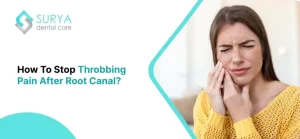

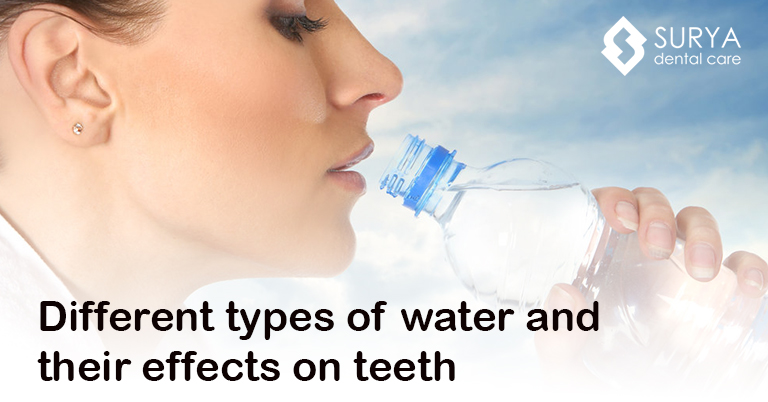

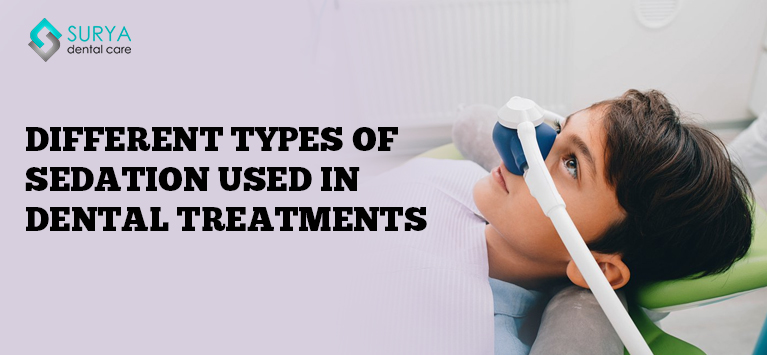
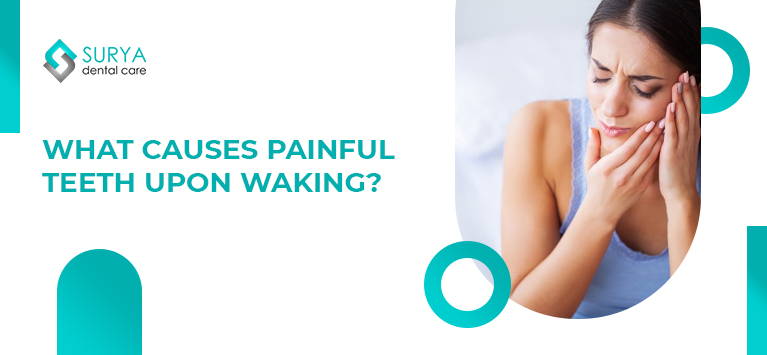
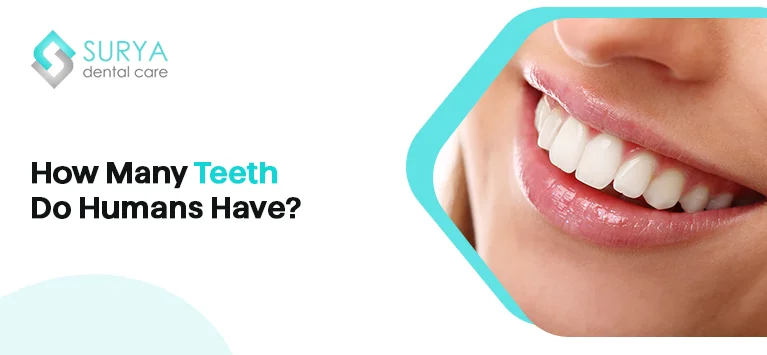


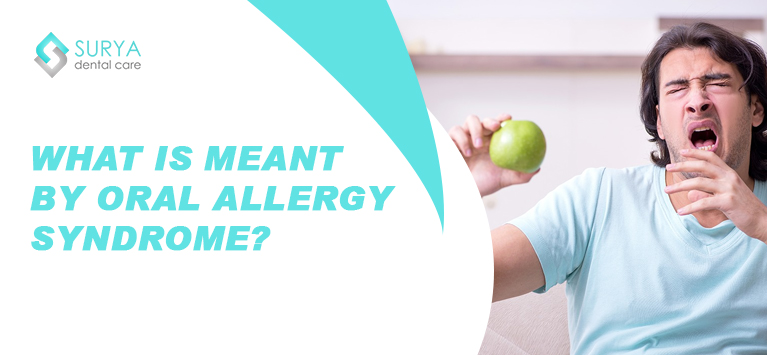


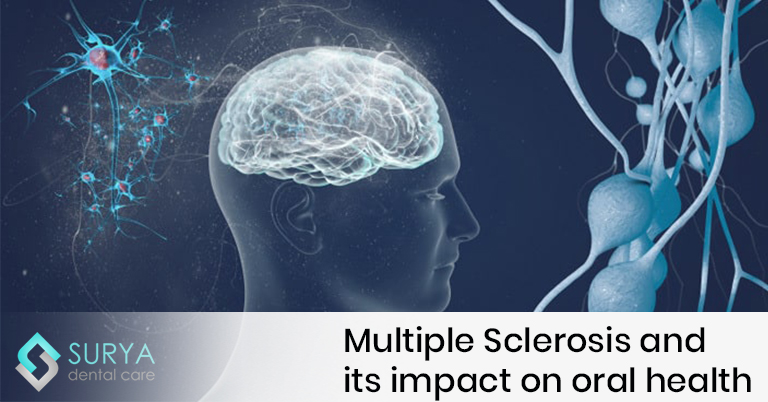
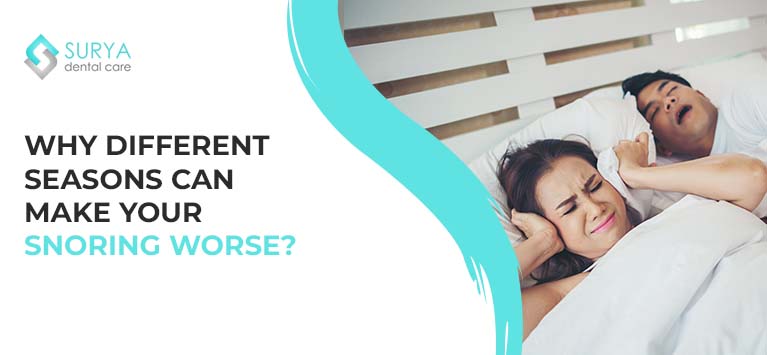
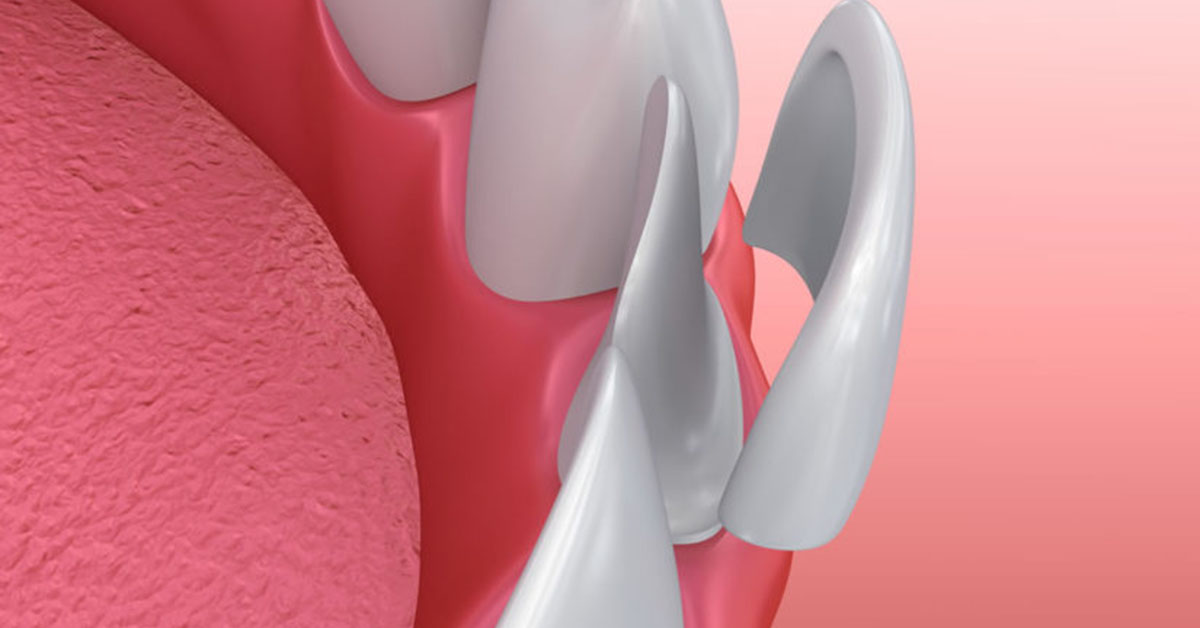
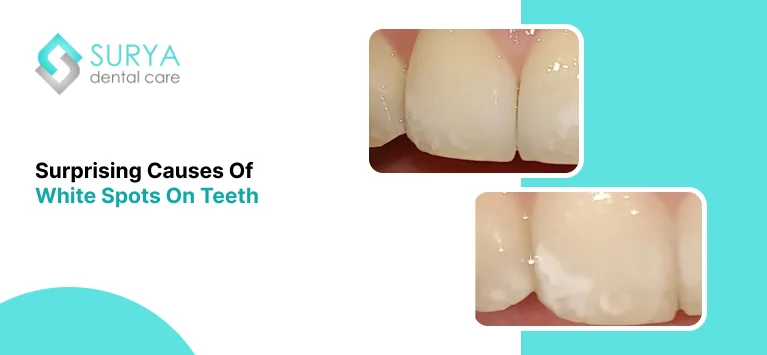


Leave a Comment